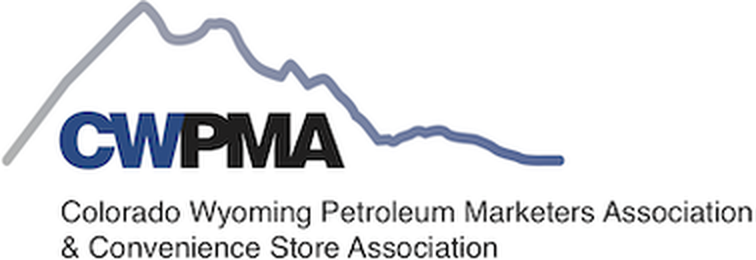Despite our work and the mitigation to our industry in several of the bills I wanted to urge your opposition and outreach on behalf of our upstream colleagues in the Exploration and Production and Refining space. While most of the suppliers have not renewed their membership this year, it's still important to spend the time trying to support them because costs and supply dynamics affect the downstream supply chain.
Here is where we are on the most impactful bills:
HB24-1339
Bill has been laid over till April – Governor is firmly opposed as it reverses AQCC rulings. CWPMA's concern is that it puts terminals and the refinery in a cap and trade paradigm which would increase wholesale and customer costs by .65 cents per gallon across all fuels.
HB24-1338 Disproportionately Impact Community Air Pollution
Under current law, the commission is required to adopt rules regulating greenhouse gas (GHG) emissions from the industrial and manufacturing sector (sector). Section 3 requires the commission to adopt rules, to be implemented by January 1, 2025, that:
•Prohibit GHG emissions from the sector from increasing in the near term and require sector-wide emissions not to exceed 97 million metric tons of total carbon dioxide equivalent cumulatively between 2025 and 2030;
•Prohibit a sector source from complying with GHG emissions compliance obligations by making a payment unless the payment is made in exchange for GHG credit that is surrendered as part of a GHG credit trading program; and
•Establish source-specific GHG emission reduction requirements that must be met through direct reductions of GHG emissions for a sector source that adversely affects a disproportionately impacted community.
Section 3 also clarifies the definition of "GHG credit", as applied to the requirement for commission rule-making, to include an allowance to emit one metric ton of carbon dioxide equivalent of GHG by a regulated source.
(Note: This summary applies to this bill as introduced.)
Again this would target the state's only refinery - by requiring a GHG emission offset credit you are essentially putting 40% of the state fuel supply under a cap and trade system which has a pricing premium of 40-60 cents per gallon year long.
Current: CWPMA concerns are generally addressed when the local government preemption is removed which protects station owners and marketers fleets. However, this would still ban preproduction processes in the non attainment area which would have a supply impact on inputs for fuels.
Cumulative Impacts & Environmental Justice
Section 4 authorizes the elected officials of a city, town, county, or city and county (local governing body) to request that the air quality control commission (commission) impose limits on any new or increased operational emissions of certain health-related air pollutants that would affect individuals located in the geographic region governed by the local governing body. To obtain approval of such a request, the local governing body must demonstrate to the commission's satisfaction that:
•The geographic region over which the local governing body has jurisdiction is cumulatively impacted by pollution; and
•An agency of the local government governed by the local governing body has a process to review exemption requests from the limits on any new or increased operational emissions.
An approved request for limits expires after 5 years and the local governing body must renew its request to further continue the limits. The commission may rescind its approval of the limits if the commission determines that the local governing body is not complying with its own processes regarding the limits.
Current: CWPMA concerns are generally addressed when the local government preemption is removed which protects station owners and marketers fleets.
•L.001: Revises language regarding EECIA to better align with the recommendations of the 2022 Environmental Justice Action Task Force recommendations.
•L.002: Strikes Section 4 allowing local governments in cumulatively impacted communities to petition the Air Quality Control Commission to limit emissions of air pollutants within their jurisdiction.
•L.004: Requires CDPHE to study the findings of the EECIA and make recommendations for the implementation of the EECIA by state agencies.
SB24-166 - Air Quality Enforcement - CWPMA is opposed to this.
Currently fuel wholesalers and Retailers are subject to $15k per day fines for violations of air quality standards. ($5k per paperwork)
The bill allows community members to bring civil action against someone who has an air quality violation and reduces the ability for leniency from CDPHE for cases of financial hardship or duress.
CWPMA – current ask – Remove gas stations and marketers from the scope of the language.
1 . So per the small sources and my station owners, I was thinking that the easiest way might be simply to rewrite the below statute to make it more encompassing instead of just gas stations. As I noted there are a lot more sources that are regulated because of the devolvement to severe nonattainment.
This would rope other small point sources into our existing penalty structure framework which effectively lowers the current maximum penalty for newly regulated sources: and effectively lowers the penalty from $47k per year to $10k for people who are newly regulated.
Here are links to a call to action put together by our colleagues from COGA:
|
|
|
|
|
|
|
|













